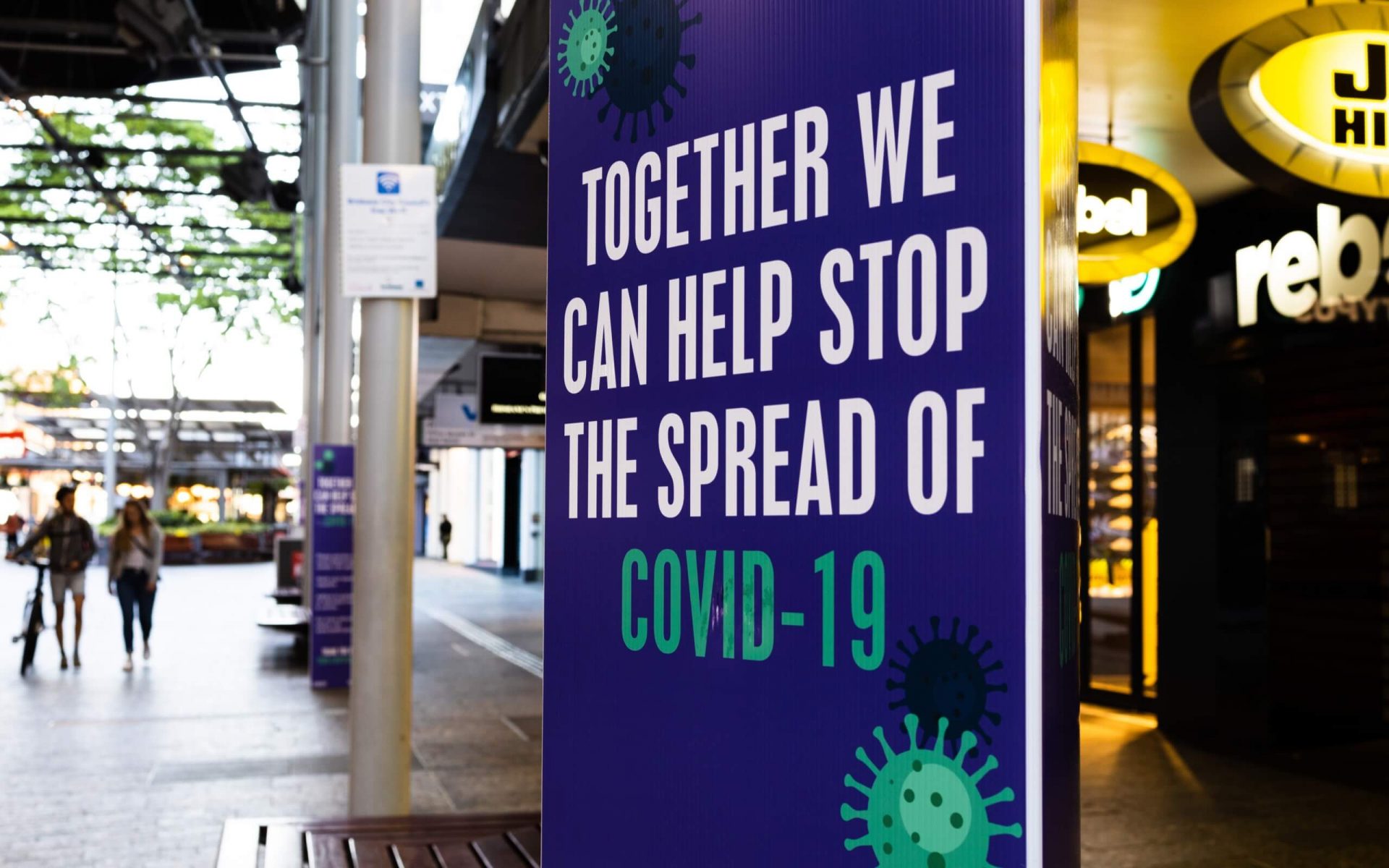

Consumers share a collective, formative experience as part of Generation Lockdown and, as a result of losses in safety, stability and freedom, their priorities have shifted and are coalescing across age groups. Research carried out by H:F during the pandemic suggests that, while some attitudes and behaviours will swing back quickly to pre-pandemic times, there are many consumer priorities which have changed for the long-term.
The effect of the crisis has been to invert Maslow’s hierarchy of needs, as consumers seek to fulfil basic physiological and safety priorities for themselves and their families and to find new ways of satisfying their desire for love and belonging in a remote world. The rate of return to a pre-pandemic consumer need-state of self-actualisation will depend on where individuals sit on a spectrum from Desire for Safety to Desire for Experience.
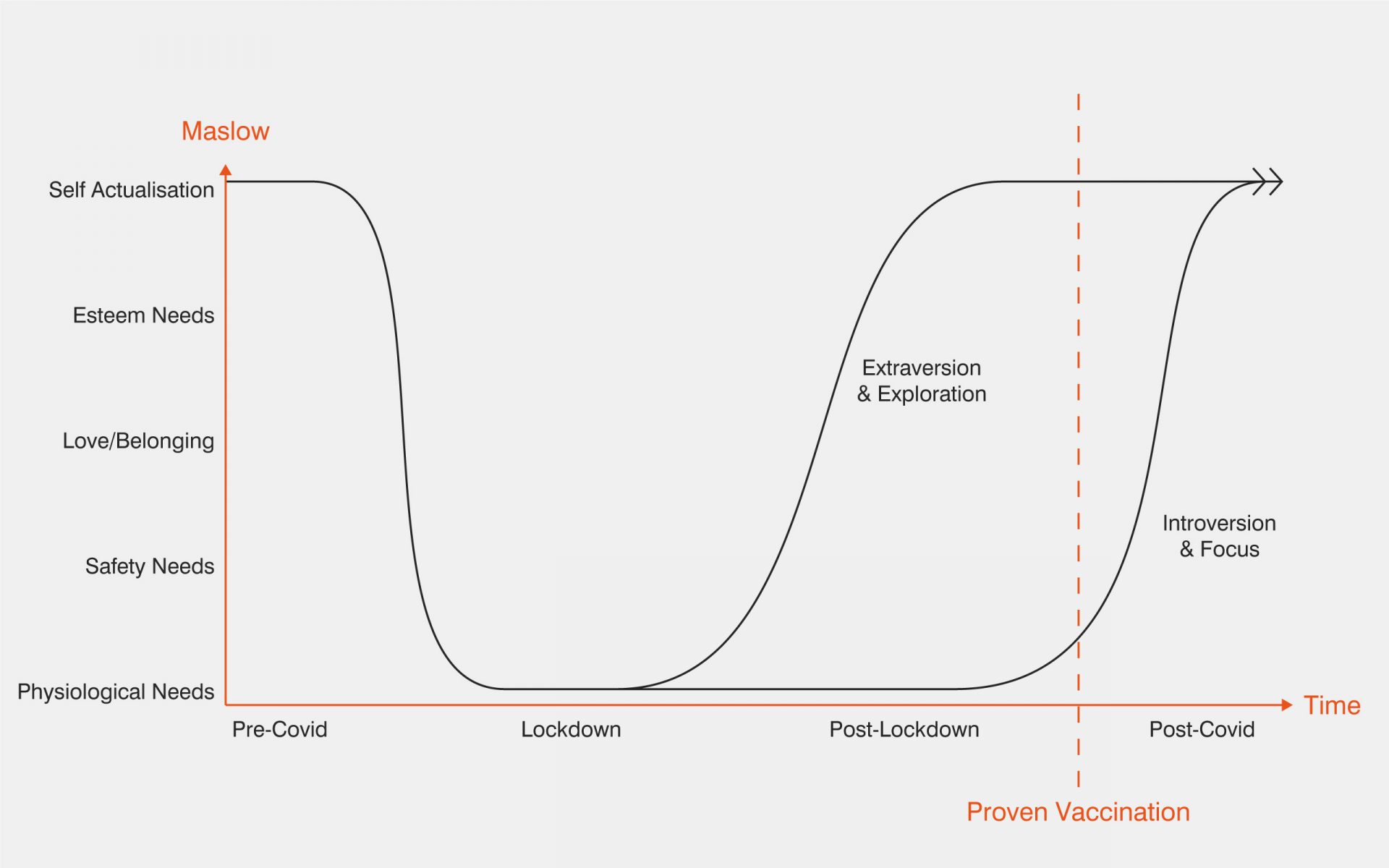
H:F’s research into post-COVID consumers suggests that Generation Lockdown attitudes and behaviours are being driven by ten priority trends that have grown in importance over the last year. In reality, the pandemic has accelerated the growth of consumer trends that were already rapidly gaining importance. These trends are likely to have a long-term influence on consumer attitudes to living, working, shopping, leisure and community and will influence the places people visit and the brands they choose for years to come. So what are the long-term priorities of Generation Lockdown likely to be?
The desire for hygiene transparency will linger long after a proven vaccine is in place, shifting Generation Lockdown attitudes to circulation, materials, ventilation and technology in the design and safety of buildings and public spaces, and influencing the products and services that they choose. We can expect more developments like KONE DX, the world’s first digital lift, which comes with anti-bacterial surfaces and facial recognition technology.
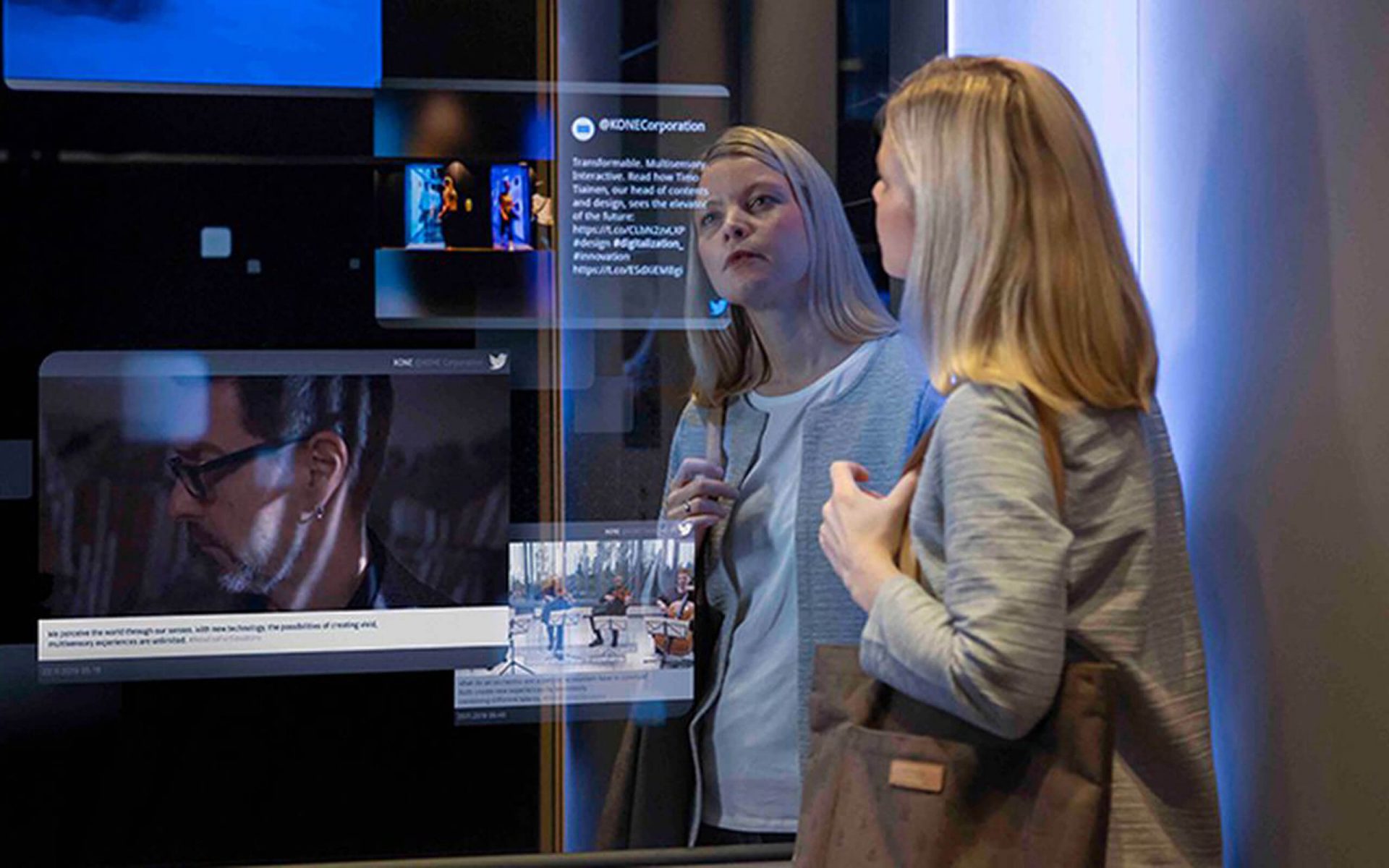
Generation Lockdown will demand higher levels of environmental, economic and social sustainability from the brands they choose and the parent company behind them. Standards are increasing rapidly, and one example is Unilever, which has brought forward its deadline of halving food waste from its global operations from 2030 to 2025 and has set a $1.2B sales target for meat and dairy alternatives, making healthier and sustainable plant-based options more widely accessible.
Post-COVID consumers will seek a closer relationship with nature in their homes, neighbourhoods, retail, leisure and workspaces, and will be drawn to brands that share this philosophy. Places like the new nature reserve at the West London Westfield site, an initiative from Westfield London, Urban Planters and Timberland that hosts a wildflower meadow, insect hotels, a beehive, fruit trees, vegetable beds, herbs and a pond area, will become an expected rather than exceptional way of life.
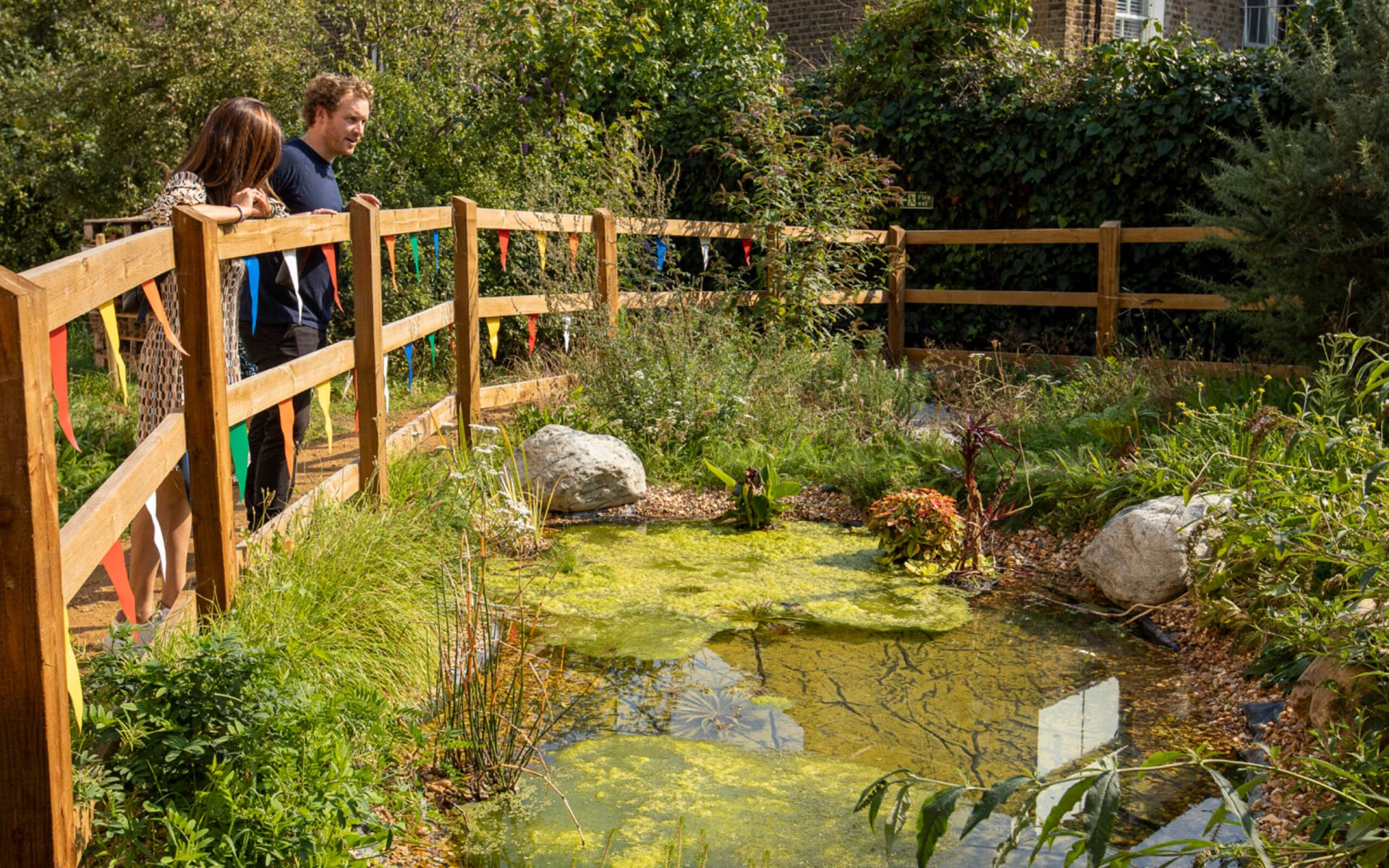
Lockdown has reinforced consumer desire for mental, physical and spiritual wellbeing and they will choose brands and places to live, work, shop and relax that reflect their way of thinking. Innovations in technology will support the future of wellbeing, such as the PRSNL platform from music service company Muru Music Health, which has created an ‘AI music brain’ that can function as a therapy platform to aid those suffering from cognitive decline.
With neighbourhoods pulling together to support key workers and the vulnerable during the pandemic, community spirit will continue to surge and will accelerate the shift to authentic brands and places. Initiatives such as Starbucks’s Signing Store in Tokyo will be taken as a given rather than praise-worthy; their fifth such store globally, it is designed as an inclusive space that expands career opportunities for Deaf and hard of hearing employees.
Generation Lockdown has rediscovered local brands and neighbourhoods and the joy of satisfying their everyday needs within 20 minutes’ walk, cycle or ride from home, giving rise to new types of high street and the resurgence of local hero brands. In this vein Nike’s retail concept Nike Unite launched in November and is built to help locals connect with sport, with locally curated, everyday essentials and a hiring policy focussed on people living in the local community.
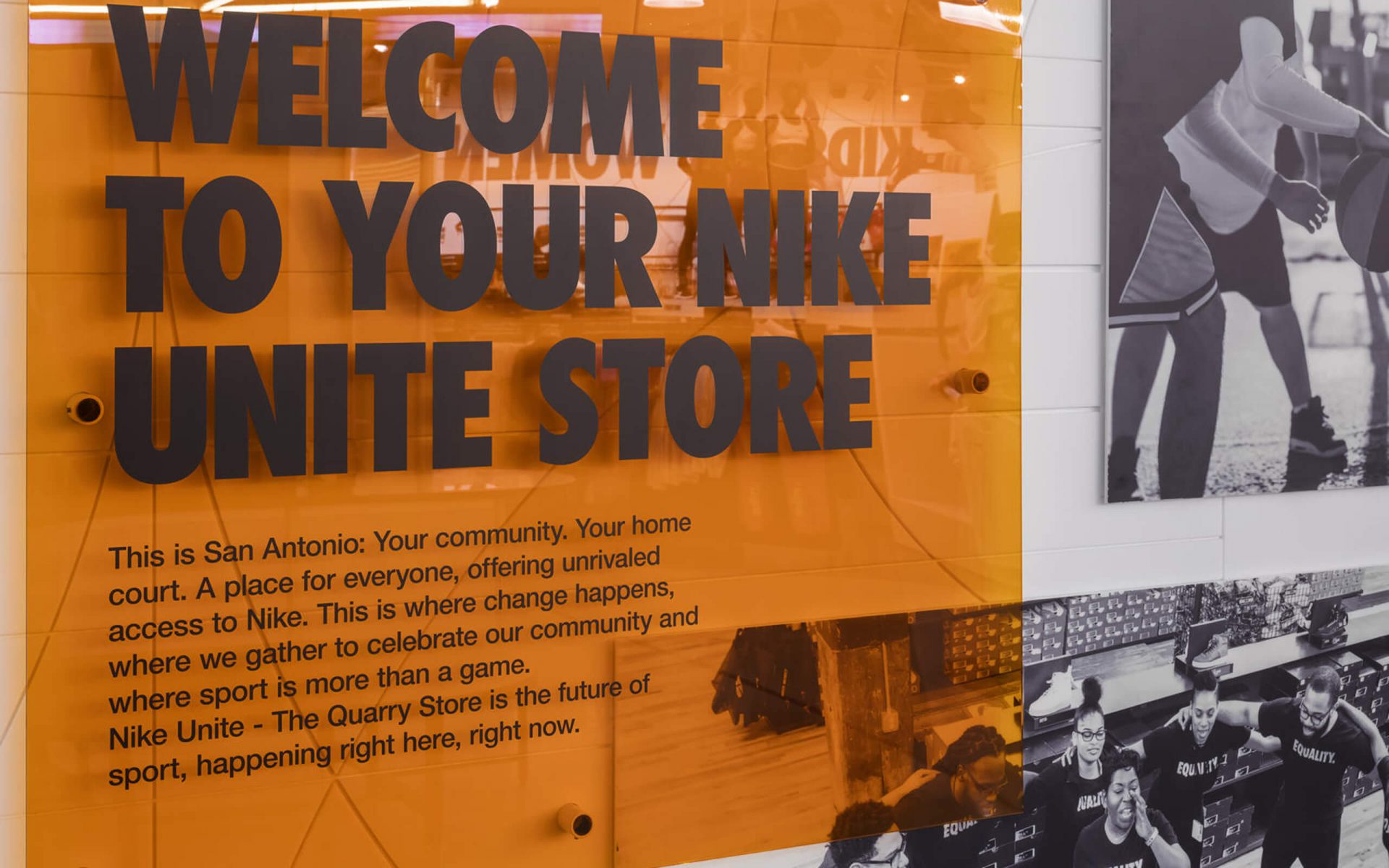
Consumers will continue to seek more flexible ways of working after lockdown and will prioritise employers, brands and places that enhance their work-life balance. Agile lifestyles will be supported by the acceleration in technology witnessed since the start of the pandemic, with platforms such as Facebook’s Infinite Office, a virtual reality office space for the future that rolls out this winter, becoming part of everyday working lives.
The accelerated adoption of smart technology that lockdown has caused is creating new norms for living and working, which will drive innovation in the design of post-COVID homes and workplaces. Previewed last year, Microsoft’s Holoportation system offers virtual 3D teleportation in real-time, indicating a future where mixed-reality technology has become commonplace in our personal and professional lives.
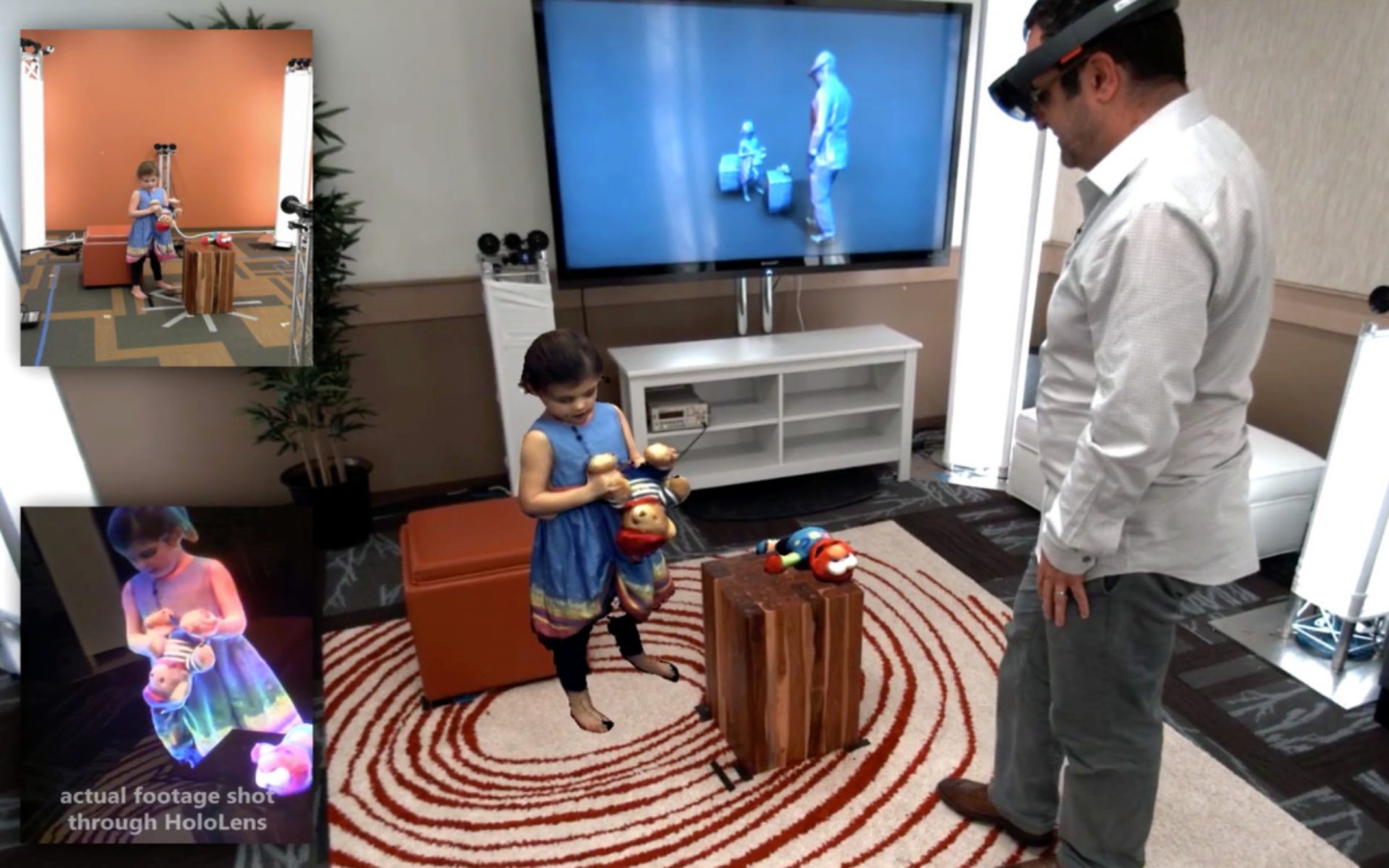
The pandemic has shifted consumer perceptions of value and experience and it’s a case of less is more. The surge in online shopping has heightened awareness of price and speed of delivery and, with consumers balancing the risk with the reward of going out, the more meaningful those trips must become. In this light Burberry launched their social retail store in Shenzhen this summer, a digitally immersive retail experience designed for customers to interact with its products in person and on social media.
Having rediscovered the joys of learning during lockdown, post-COVID consumers will prioritise education for people of all ages, resulting in new models of physical and virtual learning establishments and new opportunities for brands. Australian creative agency Thinkerbell took the lead in 2020 with its anti-ageist launch of Thrive@55, an internship programme only available to people over the age of 55. Their goal was to fight our ‘youth-obsessed’ culture and to dispel the myth that creativity belongs to the young.
If you would like to discuss the opportunities that Generation Lockdown trends can present for your brand or their implications for the future of the retail, leisure, travel or property industry, do give us a call on 020 7129 1210, email us at info@harrisonfraser.com or fill in your details here and we’ll be in touch very soon.